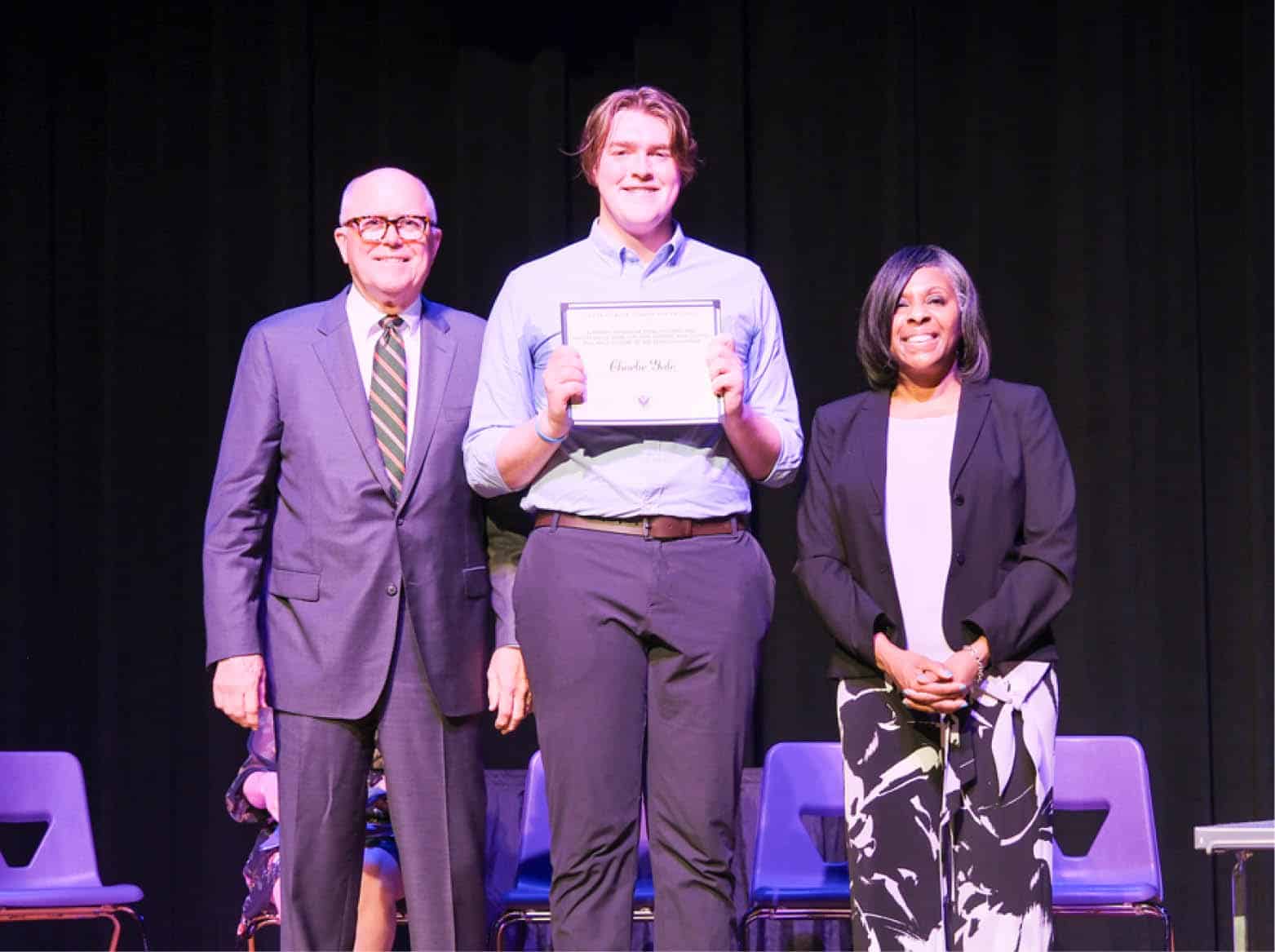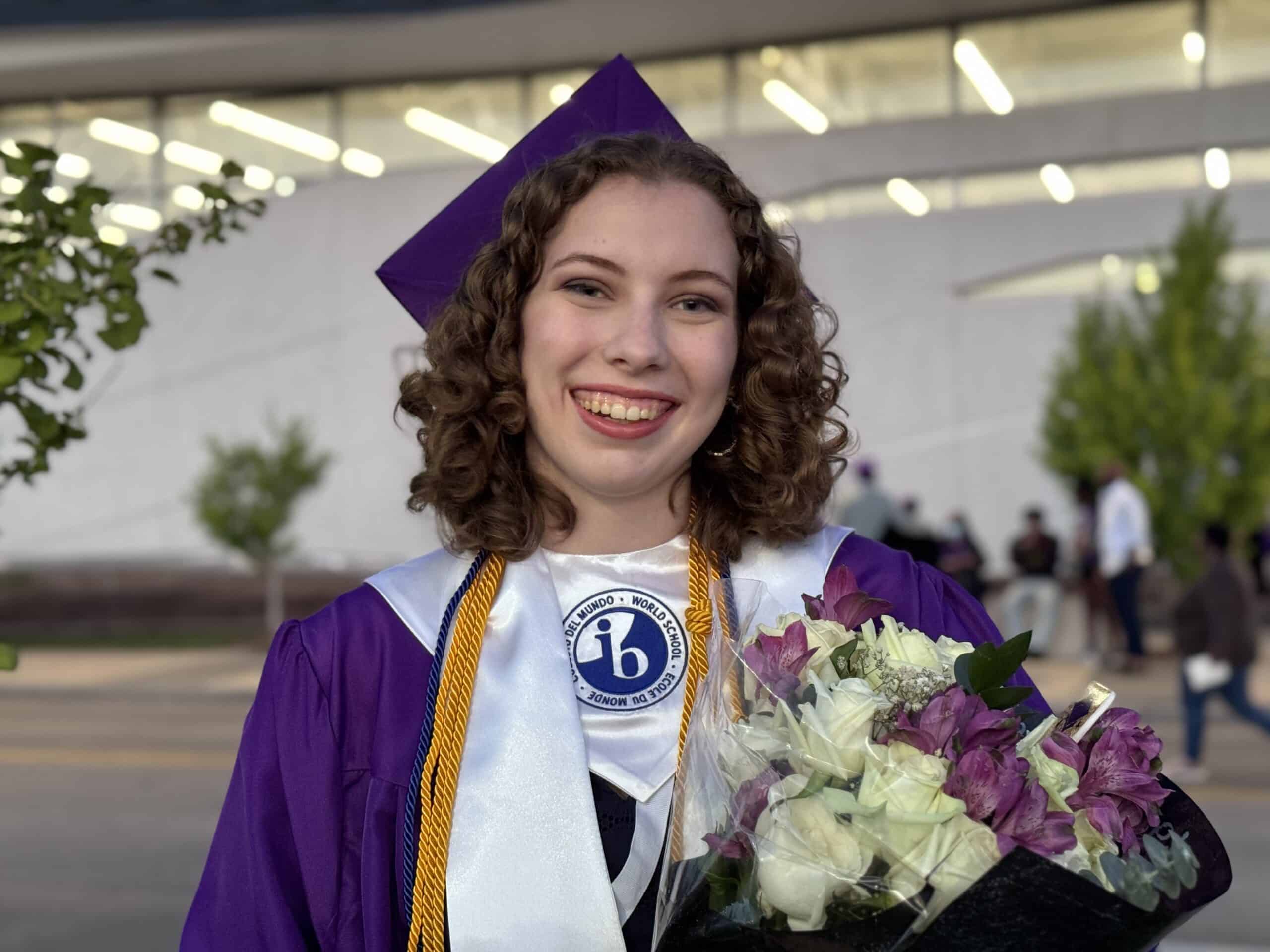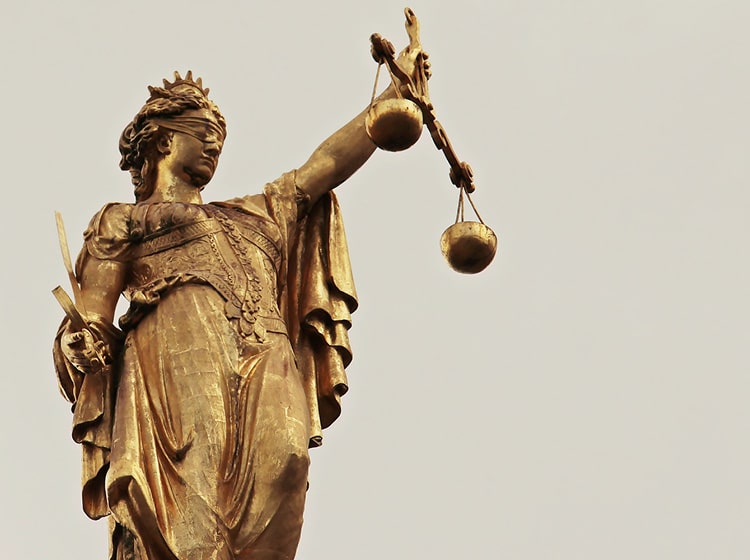Written by Ali Hodge, Class of 2009
It may seem obvious how the ideas of Martin Luther King Jr. are taught at Central High School. Images of students energetically repeating “I have a dream!” or working together to critically annotate a copy of Letter from a Birmingham Jail come to mind instantly. Although these things surely do happen, it goes deeper than that. The educational ideology articulated by Martin Luther King Jr. is present at the heart of Central High School and The Central High School Foundation’s mission, and it can be simply articulated as this:
Educate each child to enter the world armed with powerful knowledge … and the good character to know how to use it.
Let us explain:
In 1946, a young student at Morehouse College in Atlanta, Georgia, penned an impassioned article about what he considered to be the true purpose of education. The weight of this topic laid heavy on the mind of this student. Just 6 months before, he had watched the race-baiting governor of Georgia, Eugene Talmadge, humiliate his father and a committee of concerned Black citizens following a meeting about the imprisonment of a Black teenager who allegedly called after a White woman. In that meeting, Governor Talmadge allegedly denounced the innocence of this boy and contended that his execution was justified despite lack of evidence that he committed a crime. One of those concerned citizens, Martin Luther King, Sr., said Governor Talmadge “sent [them] away humiliated, frustrated, insulted, and without hope of redress.” His son, who would later be known as the great Dr. Martin Luther King, Jr., lamented to his father that Governor Talmadge was a member of the prestigious educational organization, Phi Beta Kappa. “Can you believe that?” he asked his father. “What did he have all that precious knowledge for? To accomplish what?”
In his article, published in February 1947 by the Morehouse student newspaper, The Maroon Tiger, young King Jr. pressed that without a moral and ethical foundation, an education is useless. No doubt he saw the actions of Governor Talmadge as an ethical disservice to the community he claimed to serve, and thus rendered useless the critical thinking skills needed to be a community leader. “We must remember that intelligence is not enough,” he wrote. “Intelligence plus character — that is the goal of true education. The complete education gives one not only power of concentration, but worthy objectives upon which to concentrate.”
“To accomplish what?” This is a question that sent Dr. King Jr. to his typewriter. This is the same question educators across the country ask themselves daily. What are we really striving for in our efforts to educate our nation’s students? What do we want them to truly accomplish? The struggle for equality and justice still exists; The Southern Education Foundation found that 51% of America’s public school students live below the poverty line, and so the socioeconomic issues Dr. King fought to address still plague the nation. Black and brown citizens are still incarcerated at a rate 5 times higher than white citizens (NAACP, 2017), and the #BlackLivesMatter movement of the late 2010s show that his dreams of racial equity have not yet been realized. Educators want their students to graduate into this world continuing the good work of our nation’s leaders, like Dr. Martin Luther King Jr. To accomplish that they know that it isn’t enough to simply bestow them with the information they’ll need. They also need to build into their education the structures of good character, they need to teach them the ability to consider ethical conflict, and they need to show them how to use moral guidance.
At Central High School, dedicated teachers in all departments start their day asking this question: to accomplish what? Not only do they want our Eagles to continue gathering knowledge, they also want their students to be able to ethically apply that knowledge to the community around them.
For example, students learning about environmental issues step out into the community for Spring Cleanup Day. Students in Holocaust Literature class piece through current headlines to learn how anti-Semitism still exists today. Students in African American History class study the trajectory of the Civil Rights Movement, connecting it to the current struggles minority populations face as they seek equal rights under federal law. Students learning about protest art create their own messages to display for the student body. These are just some examples of how their learning also supports their character growth and their global awareness.
Dr. King ends his article with the call: “Be careful, brethren! Be careful, teachers!” And we would add too, “be careful, community!” We can all work together to support the intellectual and ethical education of our students.
In partnership, Happy Martin Luther King, Jr. Day.
Sources: Daddy King: An Autobiography, Martin Luther King, Sr., 1980; “The Purpose of Education,” Dr. Martin Luther King Jr., 1947


